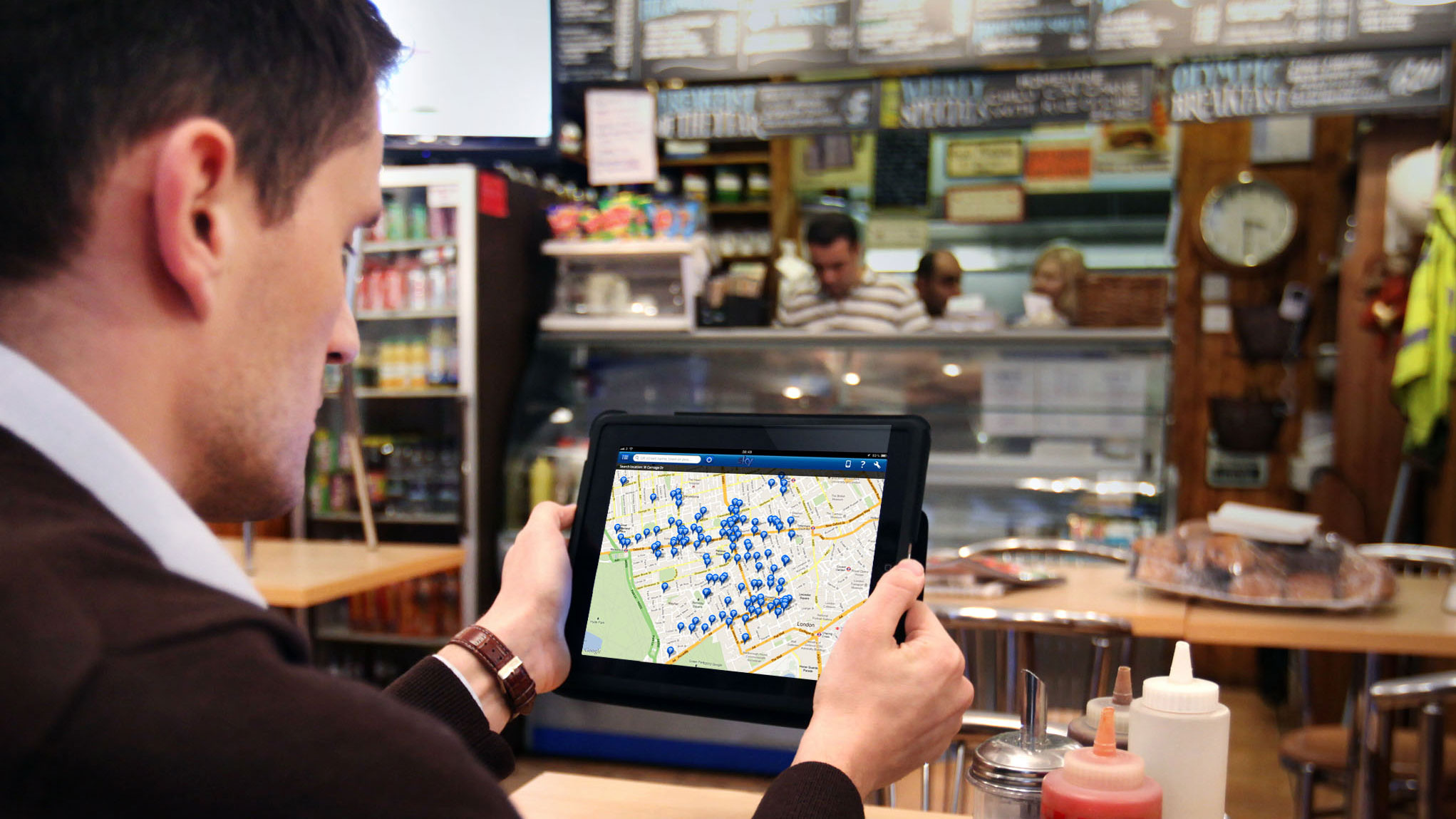Cisco exits the tablet space in pursuit of "choice"
The business-aimed tablet won't Cius into 2013

Cisco announced this week that it will no longer invest in its enterprise tablet, the Cius, citing "market transitions" and opportunities for "the broadest choice of collaboration options" as the impetus.
In a blog post on the company's website on Thursday, OJ Winge, Senior Vice President of Cisco's Telepresence Technology Group, quietly noted that the Cius tablet would receive no further funding.
As with any investment opportunity, Winge said that the company "will continue to offer Cius in a limited fashion to customers with specific needs or use cases."
The Cius was designed with specific needs in mind just one year ago, which is why this discontinuation may be the first many consumers even hear about the device.
Cisco only sold the 7-inch tablet (for $750) to its enterprise partners, touting its network integration as the primary benefit.
To put that in perspective, a Samsung Galaxy Tab 8.9 (sporting a 8.9-inch display) sells for $480, and among other capabilities it can access Cisco networking devices by IP via its mobile web browser.
Most customers - those without the need to manage a Cisco Unified Phone System of a Cisco UTM Firewall on-the-go - have turned instead to personal pads to meet their mobile computing demands.
Sign up for breaking news, reviews, opinion, top tech deals, and more.
B.Y.O.D. takes over
According to the Cisco IBSG Horizons Study from earlier this month, "95% of organizations surveyed allow employee-owned devices in some way, shape or form in the office."
The study also found that 36% of enterprises fully support devices that employees bring from home, like an iPad or Android tablet.
Winge asserted that these findings are evidence of a "major shift" towards B.Y.O.D. (bring your own device) workplaces, where tablets act as personal media and communication devices, then transfer seamlessly into business activities.
Because of this shift, Cisco has reset its sights on software like Cisco Jabber (messaging) and Cisco Webex (remote conferencing), which it already offers for third-party PCs and tablets.
With Windows 8 on the horizon, and the slew of tablets it's slated to support, in addition to the rising popularity of Android tablets following the market expansion of the iPad, it's a tough time for any tablet manufacturer to compete.
Limiting the device to business-only functions now seems ill-fated from outset.
It's with certain reluctance that Cisco relinquishes its in-road to the tablet hardware space. The company, for now, remains cool about the networking arenas it already dominates.